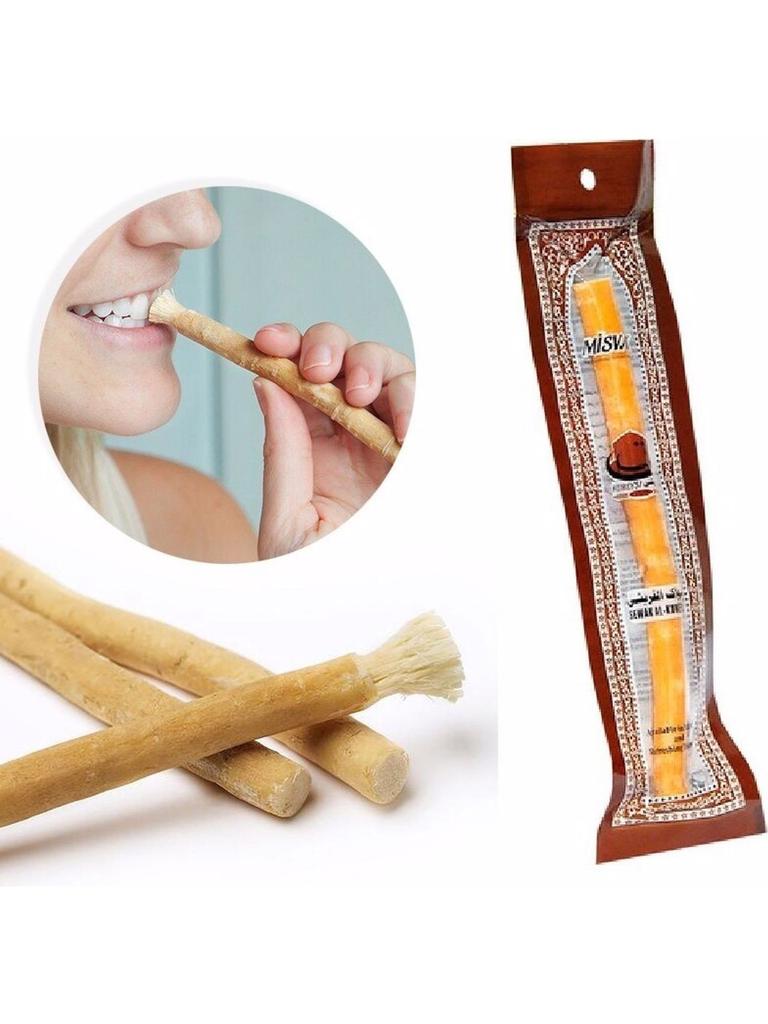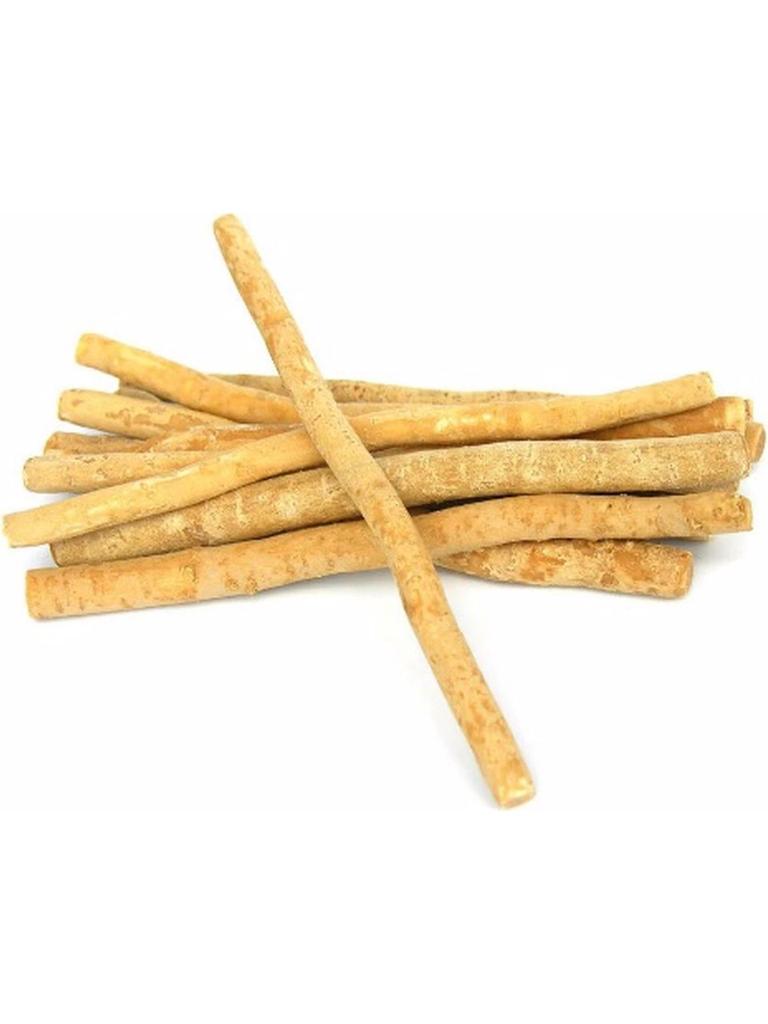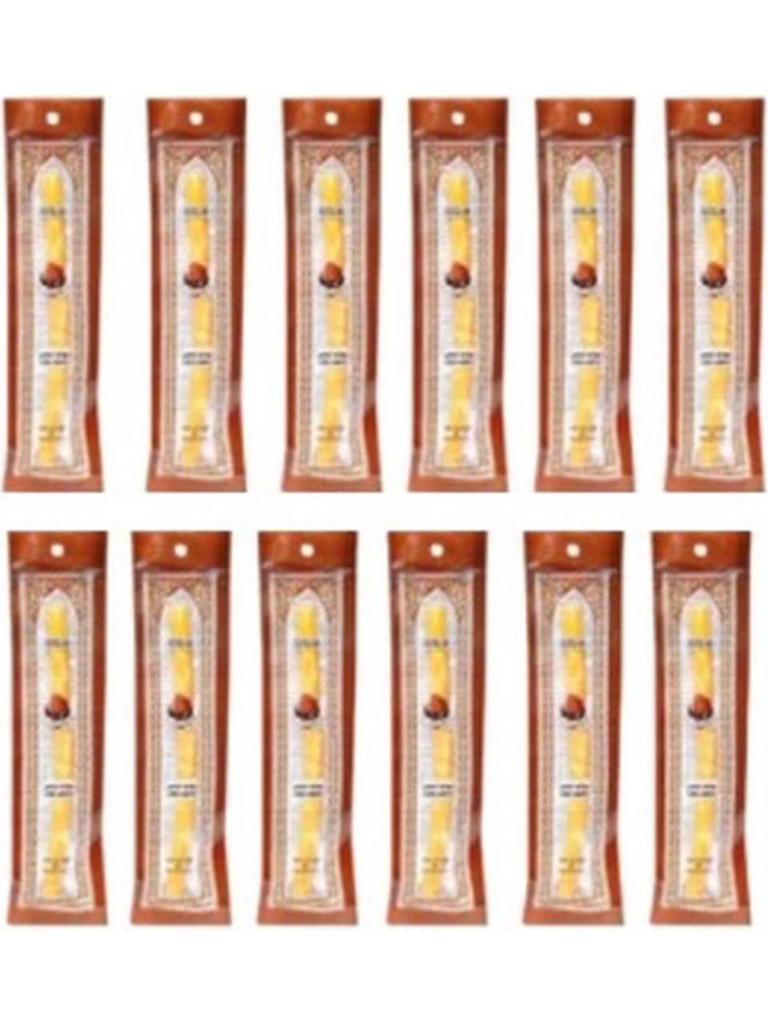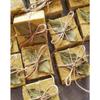MISWAK TOOTHBRUSH NATURAL VACUUM MISWAK
Miswak is made from the roots of the "arak" tree, which grows in hot regions. It has a fibrous structure. When slightly moistened and chewed, it becomes brush-like.
This brush, used by people for centuries, is a toothbrush that contains its own paste. It does not require additional toothpaste. The plant, which grows in regions stretching from East Africa to India, is abundant, economical, practical, and easy to carry like a pencil, with good water, and edible fruit.
Miswak is a slender twig that many people use daily to brush their teeth. Research has shown that Miswak is much more effective in preventing gum disease compared to toothpaste.
In the past, Miswak was used for oral hygiene in many cultures. It became very widespread among Muslim populations and turned into a common object in Muslim countries.
Although Miswak is generally obtained from the branches of the arak tree, branches from walnut and olive trees can also be used to obtain Miswak.
Benefits include:
Reduces gum inflammation.
Significantly reduces tartar formation.
Protects teeth from decay.
Cleans bad breath and tooth stains.
Leaves a pleasant taste in the mouth.
Effectively cleans between teeth due to its parallel bristles.
Increases saliva production, thus alleviating dry mouth.
Clarifies the voice.
Polishes teeth.
Strengthens the gums.
Miswak may cause bleeding at first, but this should not be feared. It strengthens the gums and stops the bleeding once the gums are strengthened. According to scientific studies, Miswak contains substances such as sennigrin and penicillin that kill bacteria; These substances are also present in "sodium bicarbonate" used in toothpaste.
These substances dissolve deposits and residues on teeth, preventing cavities and decay. While toothpaste kills both beneficial and harmful microbes in the mouth, Miswak only kills harmful microbes.
NOTE: Packaging, brands, and sizes may vary according to stock availability.




























